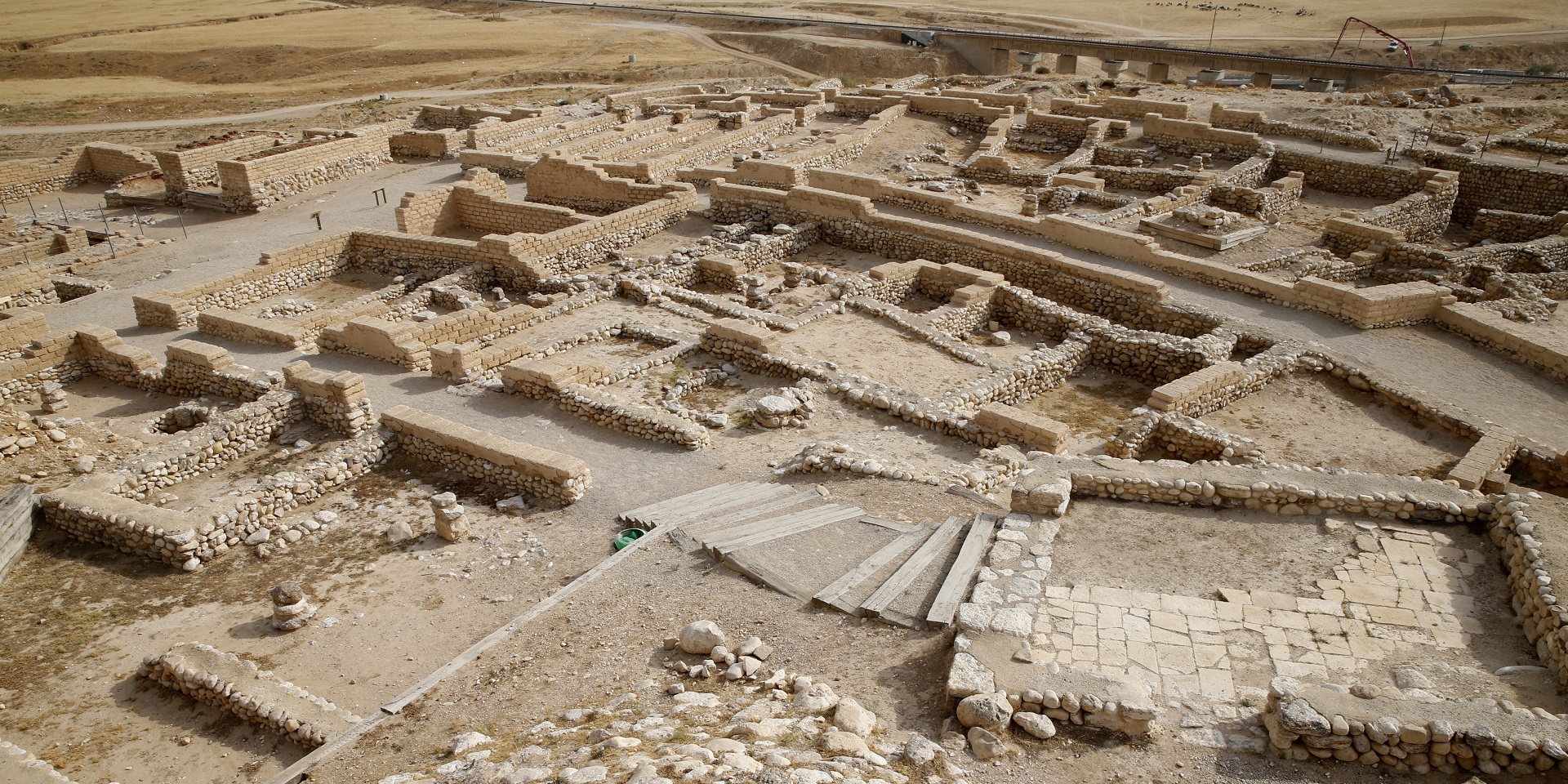Born in Canada, in 1935, Don Richardson was a missionary who fervently carried on the Renaissance spirit of the great missionaries. Having studied at the Prairie Bible Institute and the (Wycliffe) Summer Institute of Linguistics, together with his wife, he worked as a missionary among the Sawi of Papua New Guinea for 15 years, and translated the Bible into their language. His books, “Peace Child” and “Lords of the Earth,” have become points of reference for contemporary Christian missionaries.
In “Eternity In Their Hearts”[1], Richardson builds on two biblical statements: God has set the idea of eternity in the heart of every person (Ecclesiastes 3:11), yet He has not left Himself without testimony (Acts 14:17).
The general idea of the book is that God is not an uninvolved spectator of human history, but is present and actively participates in the history and culture of all the peoples of the world. Richardson supports his thesis by addressing two trajectories of Revelation: the general one, called the “Melchizedek Factor,” and the special one, called the “Abraham Factor.”
The Melchizedek factor is explored through the stories and legends of 25 tribes and groups of people from around the world and throughout history, from the Greeks to the Canaanites, the Incas, or tribes in India, China, Korea, Burma, and others. The way each of these tribes has woven deeply into their culture and worldview elements that are strikingly similar to those of the biblical narrative in the first 11 chapters of the book of Genesis is fascinating for the Christian reader.
In the second part, the presentation of the Abraham Factor, Richardson begins with the divine choice of Abraham and his descendants (Genesis 12:1-3) in the divine plan of saving humanity. Subsequently, the author presents the Old Testament affirmations of this vision and summarises the history of Israel. On that note, the ethnocentric resistance to the divine plan is observed, but also the prophecies that affirmed the universal character of the salvation plan.
This openness to the world would be revealed in Jesus, and then the apostles’ assumption of the divine vision by embracing world mission would further God’s plan for Abraham to bless all the families of the earth.
The missionary imprint of the book is strong and inspiring: reading it shows that the world is already prepared for the Gospel, and the Gospel is meant to be shared with the world. In addition to the extraordinary substantiation of the Christian mission, the book presents solid arguments for original monotheism, implied counterarguments for cultural Darwinism, and, at the same time, implicitly offers anthropological and linguistic arguments for the validity of the biblical view on the world and life.
